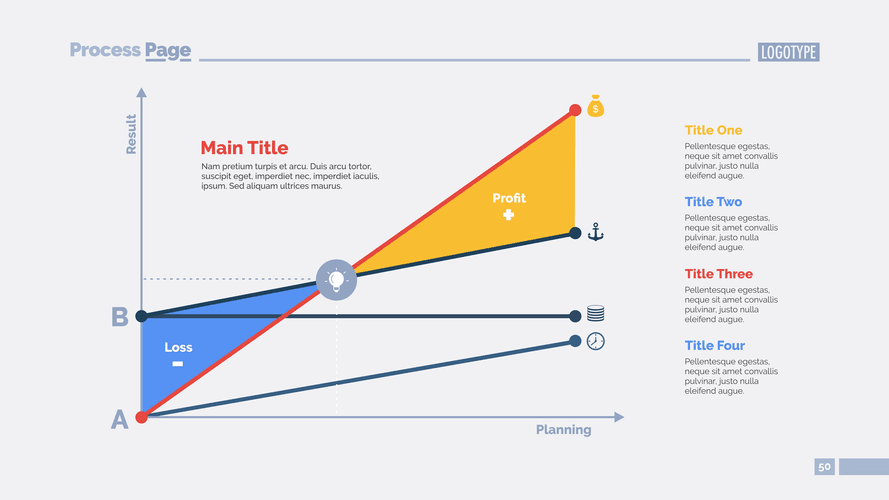
Error in accounting or accounting error is the omission or misstatement in the financial statements. Material errors are the omission or misstatements that could lead or influence the decision making of the users of financial statements either individually or collectively. Another type of classification of errors in accounting deals with their impact on trial balances. Detection and prompt correction of errors in accounting are essential to maintain financial accuracy. Accounting mistakes can manifest into severe financial and operational issues.
How Enerpize Can Help in Avoiding Accounting Errors

Accounting errors can occur in double entry bookkeeping for a number of reasons. Accounting errors are not the same as fraud, errors happen unintentionally, whereas fraud is a deliberate and intentional attempt to falsify the bookkeeping entries. There are many ways to prevent and spot accounting errors before they can slow you down. To avoid accounting errors, use bookkeeping best practices and always double-check your work. Financial tools like accounting software make bookkeeping simpler, but they still need attention to http://stage.runloco.events/short-term-rental-bookkeeping-the-complete-guide/ keep errors out of the system. Entry reversal errors closely resemble principle errors; however, entry reversal is the result of entering transaction data in the wrong direction.
- Wrong income reporting – Wrong recording of the business’s expenses can result in higher operating profits and can result in over-reporting of income.
- This results in overstating both the debits and credits of the duplicated entry.
- For example, the cost of goods sold, which includes raw materials and inventory, is credited rather than debited, whereas finished inventory is debited rather than credited.
- Also, asset purchases should be recorded on the balance sheet while operating expenses should be recorded on the income statement.
- Sometimes, there is a missing entry or a duplicate entry that results in accounting errors.
- This error leads to inaccurate financial statements, as the business’s financial position is not fully represented.
- If any errors exists in the books, it affects the accuracy of results of business operations revealed by the financial statements.
Frequently Asked Questions About Accounting Errors
Accounting mistakes can keep your small business from running smoothly and hurt growth, so it’s important to learn the common types of accounting errors and how to correct them. For a helpful video on the topic of accounting mistakes, check it out here. The different types of accounting errors are compensating petty cash errors, errors of omission, errors of commissions, errors of accounting principles, and so on.
What Are the Different Types of Accounting Errors and How to Avoid Them
- External auditors can offer an objective review of the financial records, ensuring they are accurate and compliant with applicable standards.
- This includes bank reconciliations, supplier statements, and customer account reconciliations.
- Accounts receivables reflect the money owed by customers to a company for products sold.
- Fyle’s intelligent duplicate detection and implicit merge module automatically flags identical submitted expenses.
- Accounting errors are unintentional mistakes in book-keeping of transactions.
This is another accounting error where the transaction has been recorded at the correct amount; however, that transaction has been recorded on the wrong side. Thus, this kind of error would lead to the unequal of debit and credit sides. Typically, we can detect such errors by taking the difference between debits and credits and divide it by 9.
Everything to Run Your Business
This is common when there are a large number of invoices from vendors that must be recorded, and the invoice is lost or not properly recorded. An omission error could also include failing to record the sale of a product to a customer or revenue received from accounts receivable. Accounts receivable are the funds owed to a company by customers for goods sold.

Income Statement
That way you can catch errors right away and prevent them from loitering around your accounting. A reversal of entry error occurs when you debit an entry instead of crediting it (or vice versa). The accounts and amounts types of errors in accounting with examples are still correct, they’re just posted in the wrong direction.
Error Of Accounting Principle

Usually the transaction, which could be an expense or sale of a service, is overlooked or forgotten. You should perform reconciliations on a monthly and yearly basis, depending on the type of reconciliation. Bank reconciliations can be done at month end while fixed asset reconciliations can be done at year end. We at Deskera, provide the best accounting software for business, with all of the above features – and so much more. Don’t get us wrong, not falling behind schedule is just as important.

A transposition error occurs when two consecutive numbers in a sequence are mistakenly swapped or reversed. An accountant or a bookkeeper may mistakenly enter $152 instead of $125. This sort of error impacts financial calculations, leading to imbalances in accounting records. These errors are not counted as frauds, which occur due to intentional tampering with the data. In fact, these mistakes are identified as and when a discrepancy is noticed in the financial statements or account books. As soon as the error is identified, the accounting professionals take care of it then and there.
For example, recording a sale as a purchase or entering an amount in the wrong account. Error of entry reversal is when the accounting entry is posted in the wrong direction, meaning a debit was recorded as a credit or vice versa. For example, cost of goods sold, which contains raw materials and inventory, is credited instead of debited and finished inventory is debited instead of credited. For many businesses, especially small to medium-sized enterprises, managing all accounting and bookkeeping in-house can be overwhelming. Accounting outsourcing companies or specialized service providers can offer several benefits.